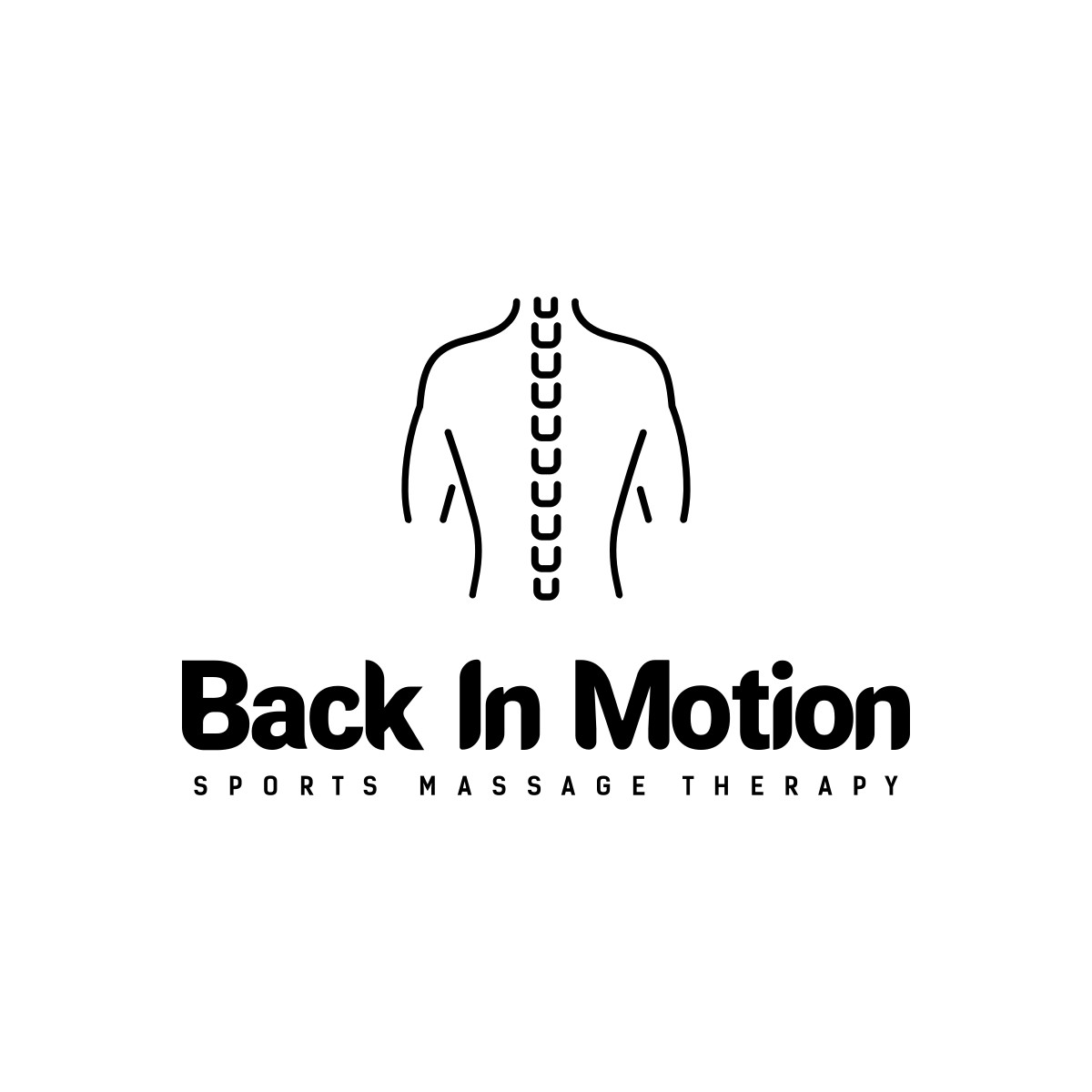The Role of Therapists in Supporting Athletic Performance
- Back In Motion Sports Massage

- Oct 30
- 4 min read
Athletic performance is influenced by many factors, including physical conditioning, mental resilience, and recovery strategies. One often overlooked but crucial element is the role of therapists in supporting athletes. Therapists provide targeted interventions that help athletes maintain peak condition, recover from injuries, and enhance overall performance. This article explores how sports therapy contributes to athletic success and why professional support is essential for athletes at all levels.
Understanding Sports Therapy and Its Impact on Athletes
Sports therapy is a specialised field focused on preventing, diagnosing, and treating sports-related injuries. It combines knowledge of anatomy, physiology, and biomechanics to support athletes in maintaining optimal physical health. Therapists work closely with athletes to develop personalised treatment plans that address specific needs, whether it’s managing pain, improving flexibility, or accelerating recovery.
One key aspect of sports therapy is injury prevention. Therapists assess movement patterns and identify potential weaknesses or imbalances that could lead to injury. By addressing these issues early, athletes can avoid setbacks that might disrupt training or competition schedules. For example, a runner with tight hamstrings may be at risk of a strain; a therapist can design stretching and strengthening exercises to reduce this risk.
In addition to injury prevention, sports therapy plays a vital role in rehabilitation. When injuries occur, therapists guide athletes through recovery protocols that promote healing while maintaining fitness. This might include manual therapy, exercise prescription, and modalities such as ultrasound or electrotherapy. The goal is to restore function safely and efficiently, allowing athletes to return to their sport stronger than before.

How Sports Therapy Enhances Athletic Performance
Beyond injury management, sports therapy contributes directly to improving athletic performance. Therapists use various techniques to optimise muscle function, increase range of motion, and reduce muscle tension. These improvements can translate into better speed, agility, and endurance on the field or track.
One effective method is soft tissue mobilisation, which helps break down scar tissue and improve circulation. This technique can reduce muscle soreness after intense training sessions, enabling athletes to train harder and more frequently. Additionally, therapists often incorporate stretching routines that enhance flexibility, which is crucial for preventing injuries and improving movement efficiency.
Sports therapy also addresses the psychological aspects of performance. Chronic pain or injury can lead to frustration and decreased motivation. Therapists provide support and encouragement, helping athletes maintain a positive mindset during recovery. This holistic approach ensures that athletes are physically and mentally prepared to perform at their best.
For athletes looking to gain a competitive edge, regular sessions with a qualified sports massage therapist can be invaluable. These professionals specialise in techniques that promote muscle relaxation, reduce tension, and improve blood flow, all of which contribute to enhanced performance and quicker recovery.
Is it worth becoming a sports massage therapist?
Choosing a career as a sports massage therapist can be highly rewarding for those passionate about sports and health. This profession offers the opportunity to work closely with athletes, helping them achieve their goals and recover from injuries. The demand for skilled therapists is growing as more athletes recognise the benefits of specialised care.
Becoming a sports massage therapist requires formal training and certification. Courses typically cover anatomy, physiology, massage techniques, and injury management. Practical experience is essential, as therapists must develop hands-on skills and learn to tailor treatments to individual needs.
The career offers flexibility, with options to work in clinics, sports teams, gyms, or even travel with athletes to competitions. Many therapists find satisfaction in seeing the direct impact of their work on an athlete’s performance and well-being.
Financially, the profession can be lucrative, especially for those who build a strong client base or work with professional sports organisations. However, it also demands physical stamina and excellent interpersonal skills to manage client expectations and provide effective care.

Practical Recommendations for Athletes Seeking Therapy Support
Athletes interested in incorporating sports therapy into their routine should consider the following practical steps:
Choose a qualified therapist - Look for professionals with recognised certifications and experience in sports therapy.
Communicate openly - Share your training schedule, injury history, and performance goals to help the therapist tailor treatments.
Schedule regular sessions - Consistency is key to preventing injuries and maintaining peak condition.
Follow home care advice - Therapists often recommend exercises or stretches to do between sessions; adherence improves outcomes.
Monitor progress - Keep track of improvements and any recurring issues to adjust therapy plans as needed.
By integrating sports therapy into their training, athletes can reduce downtime, enhance recovery, and improve overall performance.
The Future of Sports Therapy in Athletic Performance
As sports science advances, the role of therapists in athletic performance is becoming more sophisticated. Emerging technologies such as biomechanical analysis, wearable sensors, and virtual reality are being integrated into therapy practices. These tools allow therapists to assess athletes more accurately and design highly personalised interventions.
Moreover, there is growing recognition of the importance of mental health in sports. Therapists are increasingly collaborating with psychologists and nutritionists to provide comprehensive support that addresses all aspects of an athlete’s well-being.
The future promises a more holistic approach to sports therapy, combining physical treatment with mental and nutritional strategies. This integrated model will help athletes achieve sustainable success and longevity in their careers.
Athletes who embrace these developments and work closely with skilled therapists will be well-positioned to reach new heights in their performance.
By understanding and utilising the expertise of therapists, athletes can unlock their full potential. Whether through injury prevention, rehabilitation, or performance enhancement, sports therapy offers valuable tools to support athletic success. Investing in professional care is an investment in long-term health and achievement.









Comments